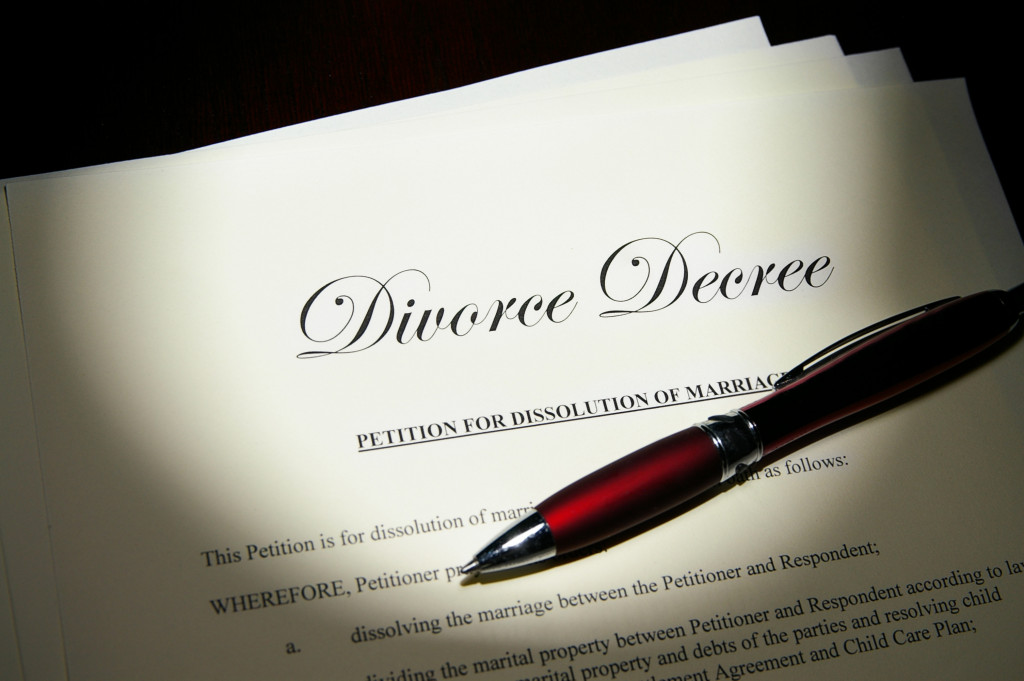Divorce can be a long and arduous process. Thankfully, there exist a few alternative options for you and your partner to explore to make the separation process much easier. One such example is collaborative divorce.
Collaborative divorce allows you to work together with your spouse and your own divorce lawyer without having to go to divorce court. If this seems like something that would benefit you and your spouse, read on to find out what exactly the process entails and if it’s the right choice for you.
What exactly is collaborative divorce?
A collaborative divorce is a common option for couples seeking a non-adversarial dispute resolution method that isn’t litigation or meditation, although the process does involve mediation and negotiation as a way of settling the divorce. It’s often considered as a blend of traditional divorce and mediation since you can still have your own legal representation, except now you and your spouse work together to come to an agreement, rather than fighting and defending your case in court.
What benefits do you get out of a collaborative divorce?
There are several advantages for you and your spouse should you choose to go this route. Among them include:
- Increased control over the divorce and decision-making process
- No scheduling conflicts when it comes to court-related dates
- Reduced anxiety and stress for everyone involved
- Cheaper legal fees
- No need to antagonize the other party
How does collaborative divorce work?
The very first thing you and your spouse will need to do is hire your own respective attorneys. These attorneys should have a comprehensive grasp of the collaborative divorce process and both should be receptive to negotiation and mediation. You and your partner will speak with them privately to relay your intentions and goals for the divorce so you can figure out which arrangement works best.

You, your partner, and both of your attorneys will then have several group meetings to discuss the details and logistics of the agreement. Sometimes, other professionals can get involved in these meetings if need be, such as accountants, therapists, and child custody consultants. If you and your spouse are having difficulties agreeing to a certain arrangement, you may have to consult with a mediator to help finalize an arrangement that both of you are content with.
All individuals involved in the process, including the attorneys, will then be asked to sign a “no court” agreement which ensures that either party’s legal representation will step back from the case should it be litigated in court. You and your partner will then proceed to file your finalized settlement agreement and divorce papers in court. The procedure will then be smooth and uncontested.
Is collaborative divorce right for you and your spouse?
The success of a collaborative divorce is dependent on you and your partner’s willingness to collaborate to reach an amicable arrangement. If you’re both willing to work together to settle your divorce judiciously, then this option is ideal. However, the procedure will be difficult if you and your spouse have difficulty communicating with each other and/or if your spouse is known for becoming aggressive and violent.
Divorce is often a messy and exhausting process, but if you and your partner are dedicated to making it as quick and stress-free as possible, collaborative divorce may just be the right choice for both of you.

